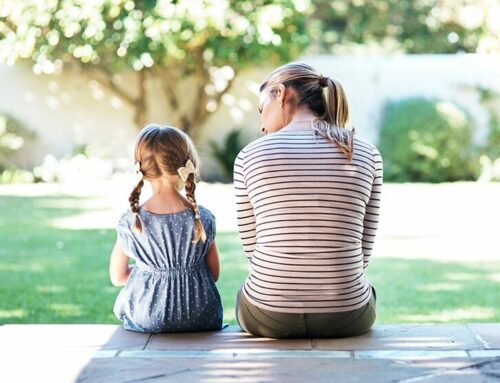Supporting Children’s Emotional Wellbeing
By Gavin Nettlebeck.
When I was a child, my parents dropped me off at day care. Yes, it is hard to believe that day care existed so many years ago!
If you were to go back in time to that day care centre, you’d spot me easily as I was the kid crying in the corner wondering why I was there and why my parents had taken me to this unfamiliar place full of strangers. You know, I still remember the colours of the room, the smells of disinfectant and some of the kid’s faces. It’s funny how a strong emotion connects you to all your senses.
Now that I have started working in the sector, I put myself in the place of that child who is crying for their mum or dad. That little child who is not coping with what is going on. The child with no choice regarding being left in the care of strangers. The child who is struggling, sad, lonely and then to add to their distress is told by an educator, “You’re okay.”
From the child’s perspective; they are NOT okay… they are far from okay.
I am imploring educators to put themselves in the place of the child who is missing their home, their family, their bedroom, their toys or even their pet!
As Educators we need to ask the following questions. Was the child asked if they wanted to come into care? Do they really want to be there? Would they prefer to be at home? Some children may even see their time in day care as going to prison and not being able to escape! Sure, some children may not be able to relate to ‘prison’ but they do know that they feel sad and they do know they need someone to see their need.
The least we can do is provide comfort for that upset child. Give them a hug. Empathise with them. Speak gently to them. Allow the child to be sad. Support them to feel safe enough to explore and learn and most importantly, reassure them that their parent will be back later in the day.
The jobs and tasks you have to do in your everyday can wait. Whatever you do, do not tell a crying child they are okay, because they aren’t.





